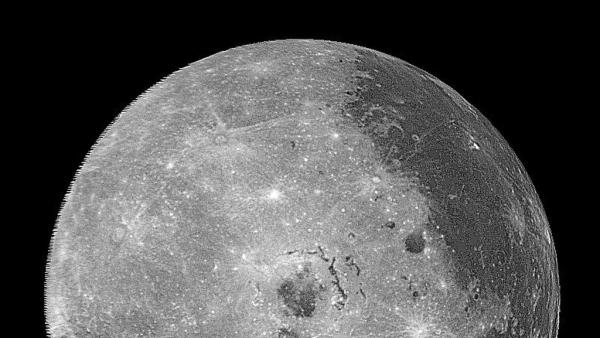James Nachtwey is one of the world's great war photographers. For more than three decades, he's covered just about every major armed conflict around the world, and he's been wounded several times on the job. He talks about his harrowing work in Afghanistan, Iraq and where those wars began — Ground Zero in 2001.
Articles
James Wood is often called the best critic of his generation. He looks back at his own career, from writing brutal take-downs at the Guardian to his current perch at The New Yorker, and tells us why genre fiction makes him "anxious."
Skin color is loaded with assumptions about race and identity, but skin itself has its own fascinating history. Steve Paulson spoke with anthropologist Nina Jablonski to find out more.
The moon explodes and the earth is doomed. Neal Stephenson's 800-page novel "Seveneves" spans 5,000 years of human survival in outer space.
Shattered by her father's sudden death, writer Helen Macdonald began dreaming of wild hawks. In an effort to move beyond her grief, she bought and trained a wild goshawk — one of the world's fiercest birds of prey. But between the bird and her grief, she became, in her words "more hawk than human."
At the height of the Vietnam War, on the night of the full moon, a baby girl is born along the Song Ma River in her mother's grave. Her name is Rabbit, and she can hear the dead. In a luminous debut novel, "She Weeps Each Time You're Born," Wisconsin poet and writer Quan Barry explores wartime Vietnam through the eyes of a little girl with an uncommon gift.
Until more recently, African fiction, like Africa itself, has historically been divided by the polarizing logic of colonialism. But the next generation is taking on genre fiction, including sci-fi. In "Lagoon," written by Nigerian author Nnedi Okorafor, aliens land in Lagos.
At the heart of many Americans' fear of Black men is an ugly stereotype — the stereotype of the Black criminal. Historian Khalil Gibran Muhammad traces some of our current attitudes about race and crime to the late 19th century, when sociologists first began looking at crime statistics.








